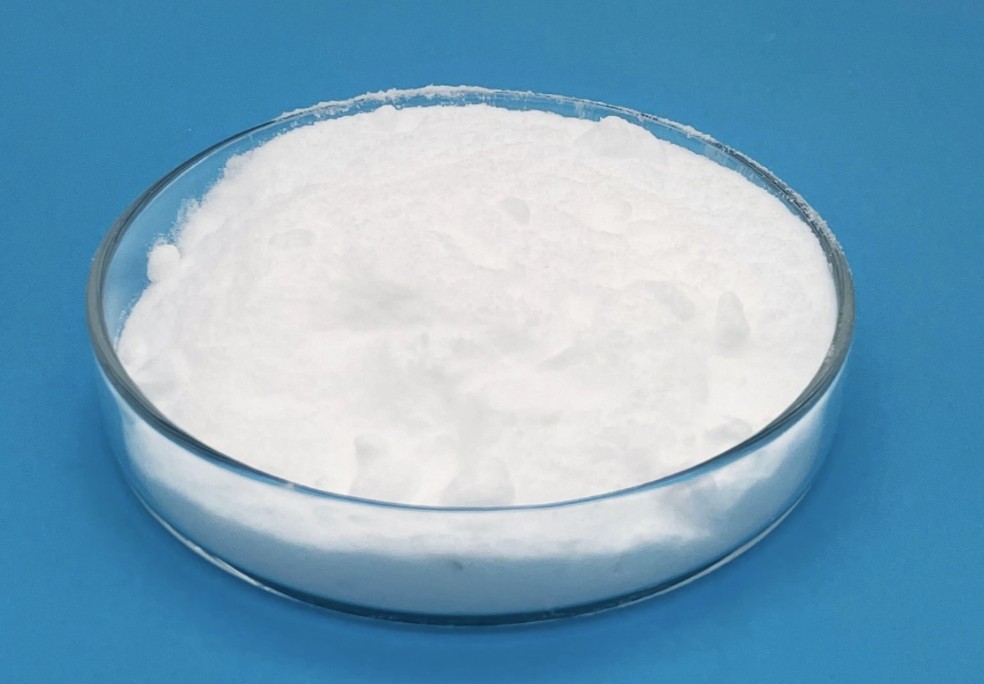Mepivacaine Hydrochloride, a tertiary amine used as a local anesthetic, is 1-methyl-2', 6' - pipecoloxylidide monohydrochloride.
A local anesthetic that is chemically related to bupivacaine but pharmacologically related to lidocaine. It is indicated for infiltration, nerve block, and epidural anesthesia. Mepivacaine is effective topically only in large doses and therefore should not be used by this route.
Mepivicaine is a local anesthetic of the amide type. Mepivicaine as a reasonably rapid onset and medium duration and is known by the proprietary names as Carbocaine and Polocaine. Mepivicaine is used in local infiltration and regional anesthesia. Systemic absorption of local anesthetics produces effects on the cardiovascular and central nervous systems. At blood concentrations achieved with normal therapeutic doses, changes in cardiac conduction, excitability, refractoriness, contractility, and peripheral vascular resistance are minimal.
Mupivacaine hydrochloride to stabilize the neuronal membrane, to prevent the occurrence and spread of nerve impulses, and thus local anesthesia.
The rapid metabolism of mepivacaine hydrochloride, only a small part of the anesthetic (5% zu 10%) excretion in the urine unchanged. Methapine is not detoxified by circulating plasma esterase because of its amide structure. The liver is the main site of metabolism, more than 50% of the dose as a metabolite is excreted into the bile. Most metabolized mepivacaine may be absorbed in the intestine and then excreted into the urine because only a small fraction is found in the feces.
The main way to excrete is through the kidneys. Most anesthetics and their metabolites are eliminated within 30 Std.. It has been shown that hydroxylation and N-demethylation as detoxification play an important role in the metabolism of anesthetics. Three metabolites of mepivacaine have been identified from adults: two phenols are almost completely excreted as glucuronide conjugates, and N-demethylated compounds (2 & apos;, 6 & apos; Sauerstoff).






















